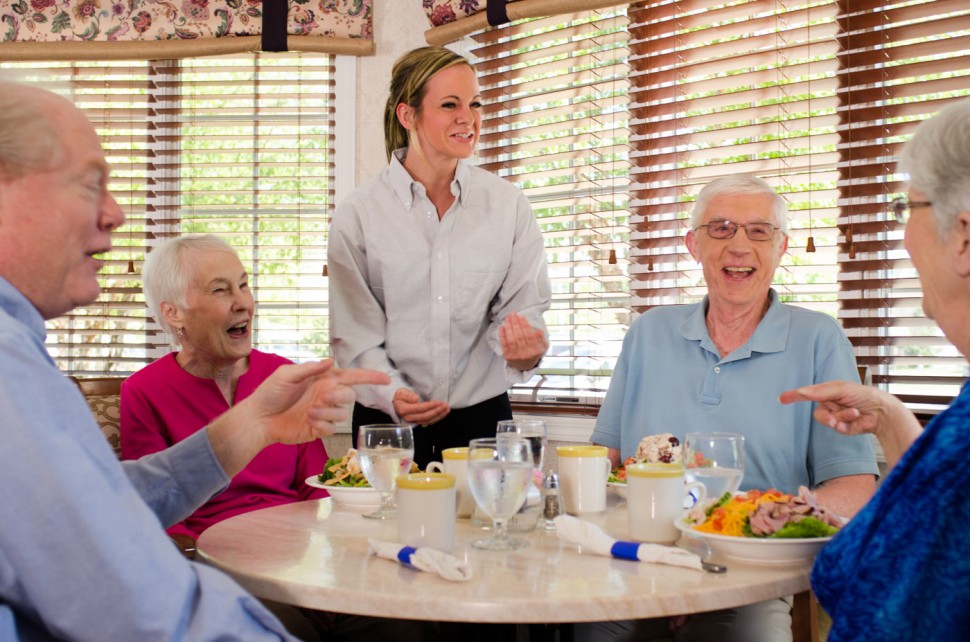Making smart food choices is wise at any age, and according to the National Institute on Aging (NIA), choosing healthy meals as we get older is even more important to reflect changes in our bodies in our 60s, 70s, 80s and beyond. Here are 10 easy-to-follow steps.




